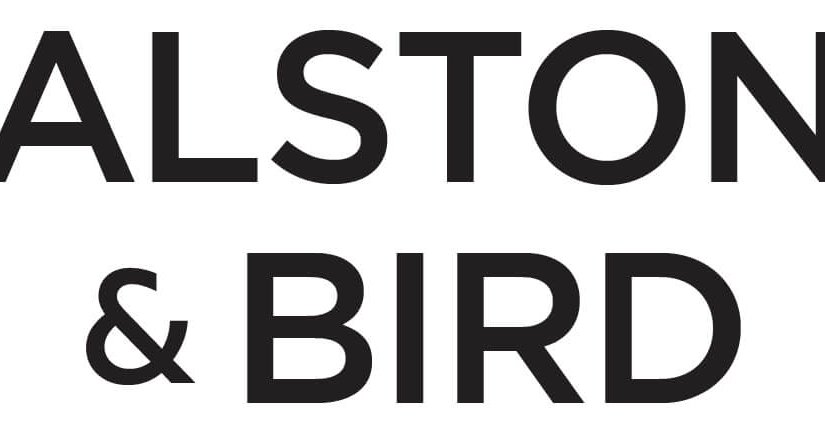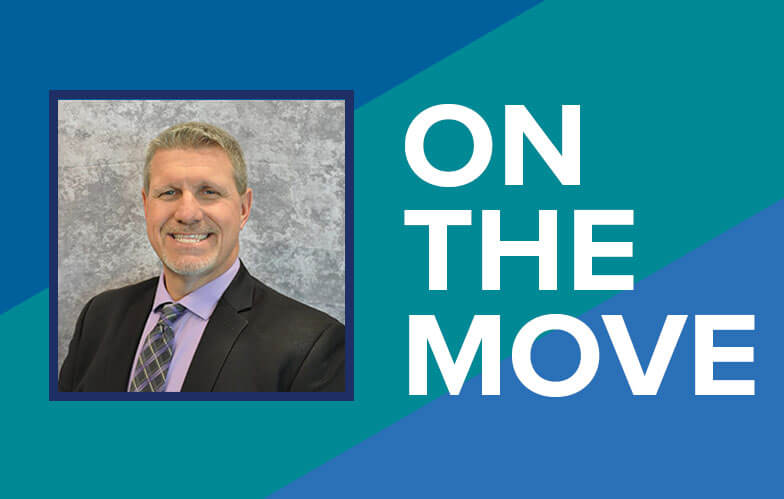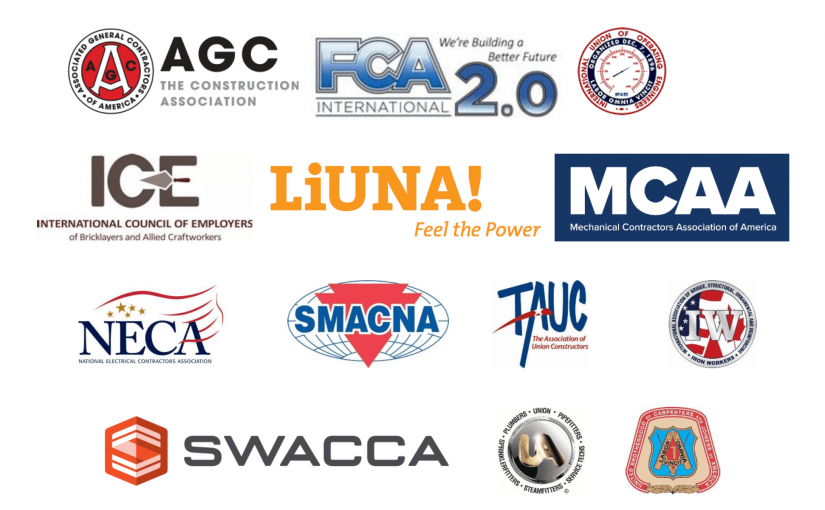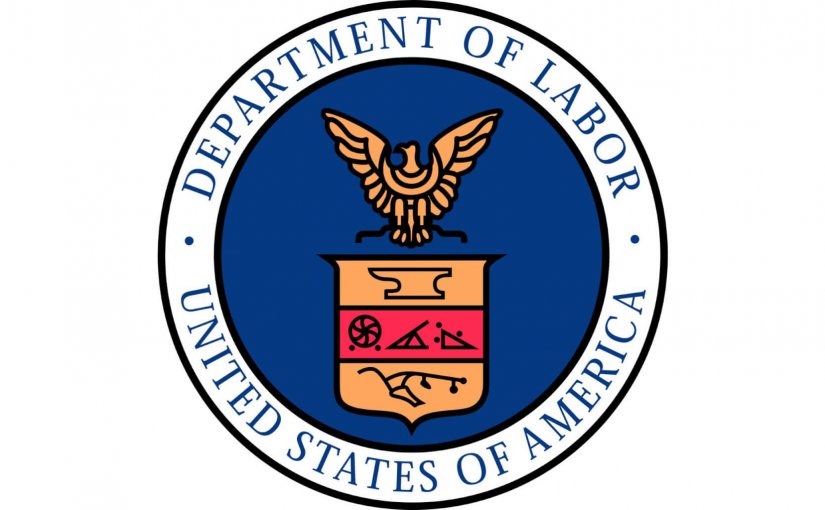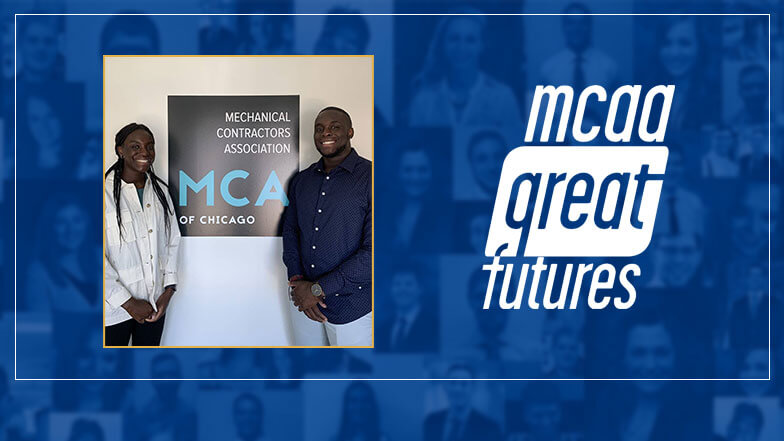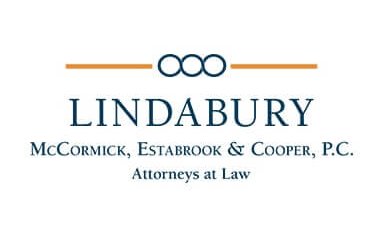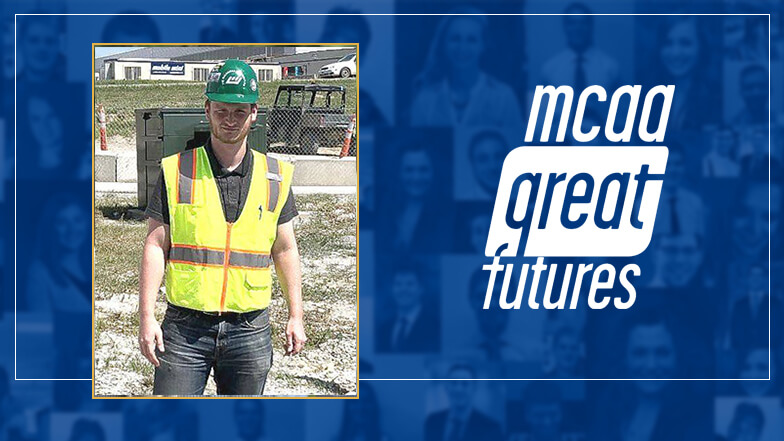The mechanical contracting industry provides many career paths, and that includes the opportunity to work for an MCA local affiliated association. This summer, MCA of Chicago has two interns, Judie Prophete and Ervin Prophete. They are learning about how an association is managed and how the MCA of Chicago provides resources and education to its members.
MCA of Chicago Director of Communications Abby Baughan said, “It’s been great having Judie and Ervin working with us this summer. They’re bright, hard-working and make great additions to our team. When I was in college, I knew very little about association work and mechanical contracting. Like most people, I sort of fell into it. I think it’s great that, as college students, Judie and Ervin are being introduced to this world filled with so much opportunity. I hope this internship opens their eyes to all of the possible career paths that are available to them.”
Meet Judie Prophete
Judie is an incoming senior at DePaul University, studying accounting and business management.
“As the accounting intern and administrative assistant for the MCA of Chicago, I spend the majority of my time helping our Director of Finance, Susan Rocque, with various tasks and projects. The other part of my time is spent doing administrative work around the office and helping where I am needed. I am learning a lot about accounting and finance, gaining a lot of new experience and learning a lot about what it is like to work in an office setting.”
During her internship, Judie hopes to continue learning more about the professional workplace and about programs and tools that are specific to her field of study. She also hopes to gain more confidence so she is prepared to enter the business world.
“From what I have seen in the month that I have been interning here, there are a lot of aspects of the professional workplace that school cannot prepare you for. The only way to truly learn these things and succeed is to actually be put in those situations and just do the best you can with what you have. I am fortunate enough to be learning those things surrounded by welcoming, forgiving and patient co-workers in a friendly and positive work environment.”
Meet Ervin Prophete
Ervin Prophete is a senior at DePaul University in Chicago, studying public relations and advertising.
Ervin is a marketing intern. His responsibilities include creating and posting graphics on social media, helping Director of Communications Abby Baughan with compiling the weekly emails, scheduling events on the MCA of Chicago Facebook page and updating the MCA website with future events and classes.
Ervin talked about what he hopes to get out of this internship. “I have learned a lot so far in this internship and feel that every day I step in the office is a day I gain more knowledge about the marketing world. I am hoping to just learn as much as I can and become proficient in the tools I have been introduced to in my time here so far. By the end, I would like to be able to use the knowledge I will have gained to do some freelance work while I finish school.”
MCA of Chicago Career Development
MCA of Chicago members are also focused on getting talented students into the mechanical contracting industry, even if they do not follow the typical academic path.
Brandon Hubner of Premier Mechanical, Inc., shared his company’s unique insight about hiring the right talent:
“The way the Premier has looked at hiring is that a person’s major focus of study or background is less important than the skills that they bring to the table and how well they can help round out our team and add value with other talents that they have. Construction, and mechanical contracting even more so, is a unique industry and every system we install is different. Rarely are two buildings built identically, or with the same team of general contractors and subcontractors. If systems and teams are rarely the same, then why always hire from within the same field of study? In our experience, we can better tackle unique projects with unique individuals. Given the number of variables there are to construction, we would be passing over a lot of really good candidates if we focused just on construction management and mechanical engineering majors.”
